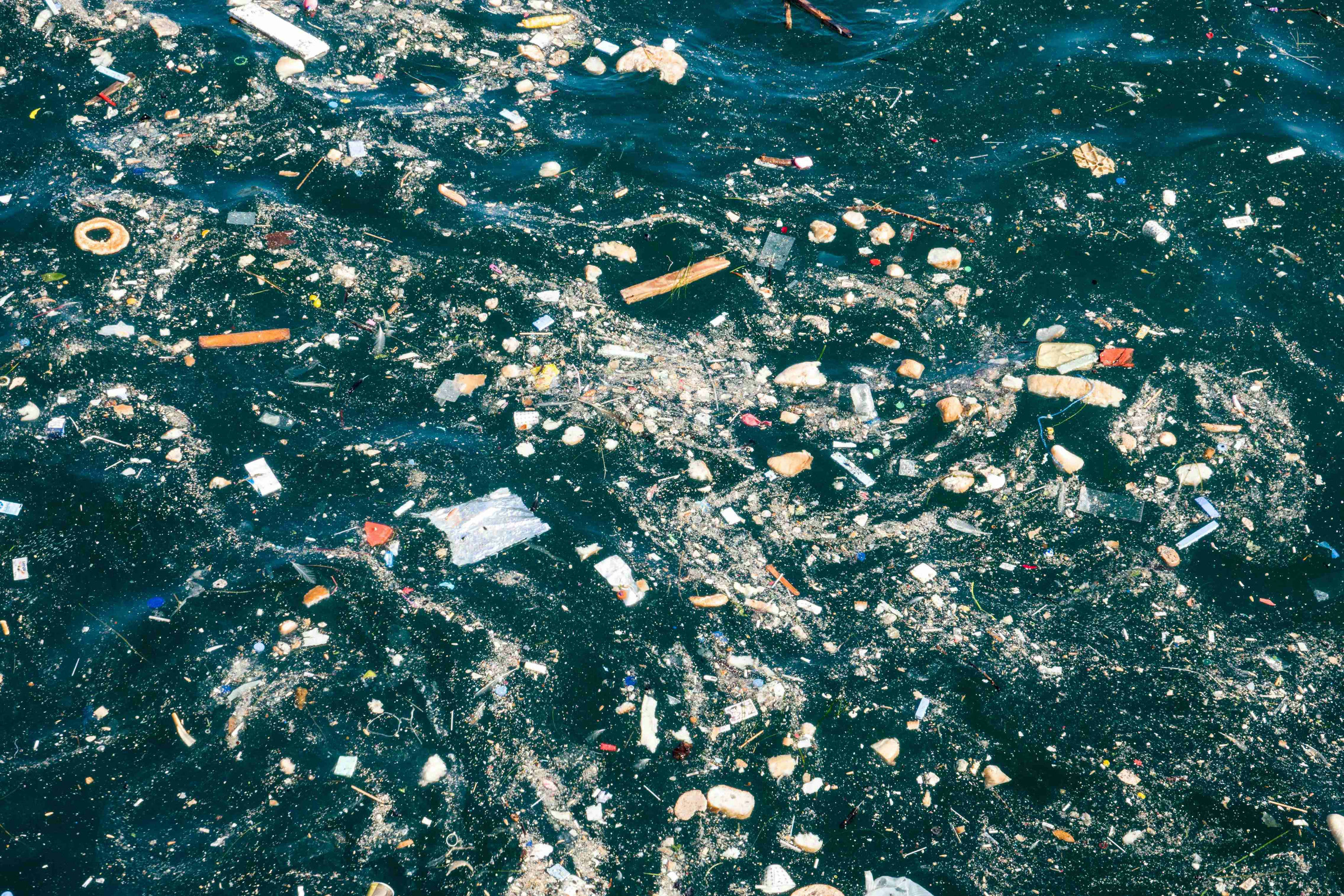Tea bags may release billions of microplastics into your cup of tea, scientists say
- A single plastic tea bag can release 11.6 billion microplastic and 3.1 billion nanoplastic particles into a single cup of tea, according to new research.
- Those levels are "thousands of times higher" than microplastics reported in other foods, the American Chemical Society said.
- More research is needed to determine whether the microplastics from the tea bags made with plastic packaging could be harmful to humans, the scientists said.
Tea bags that are made with plastic packaging can release billions of microplastic and nanoplastic particles into your cup of tea, scientists say.
The findings come from new research published by the American Chemical Society's journal Environmental Science & Technology, which tested four different commercial teas packaged in plastic tea bags. The researchers found that one plastic tea bag released about 11.6 billion microplastic and 3.1 billion nanoplastic particles into brewing-temperature water.
"These levels were thousands of times higher than those reported previously in other foods," according to a statement from the American Chemical Society.
Some tea manufacturers are moving toward plastic tea bags. And other bags use polypropylene to seal the bags, which helps prevent them from falling apart, according to Britain's Country Living magazine.
The McGill University researchers said it's not known yet whether ingesting the micro- and nanoplastics could have adverse impacts on human health. Other scientists have raised concerns about microplastics, with an August report from the World Health Organization (WHO) examining the potential human health risks caused by exposure to microplastics in drinking water. That report found there are more microplastics present in bottled water than in tap water.
The WHO study said that potential hazards from microplastics could stem from three sources — the particles themselves; chemicals in the particles; and "microorganisms that may attach and colonize on microplastics," known as biofilms.
The researchers also tested water that had been brewed with the plastic tea bags on water fleas. Although the water fleas survived, they showed "some anatomical and behavioral abnormalities," according to the ACS statement.
The scientists said more research is needed to determine whether microplastics could be harmful to humans.



